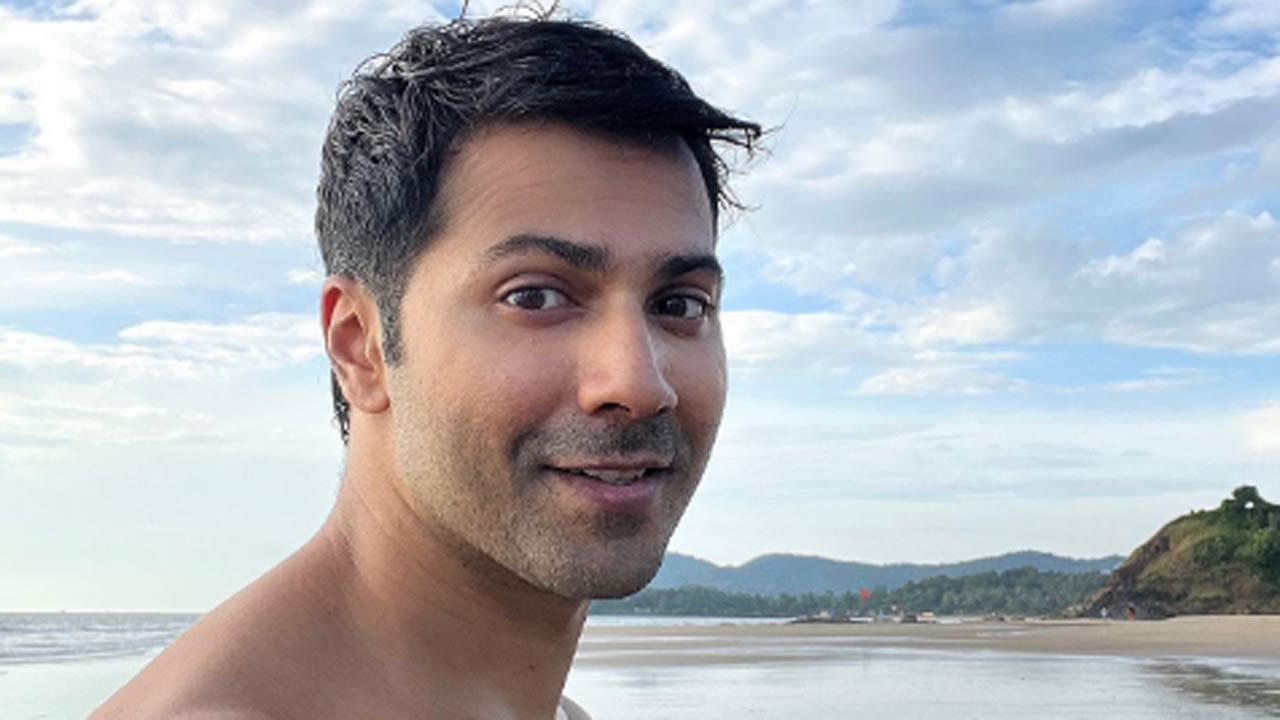
The cinematic experience in India is set for a notable change. The Central Board of Film Certification (CBFC) has officially decided to retire the well-known anti-smoking advertisement featuring Akshay Kumar and his onscreen companion Nandu, played by actor Ajay Singh Pal. For the past six years, this ad has been a staple in movie theaters across the nation, appearing before every Hindi film screening. Now, a new advertisement focused on the advantages of quitting tobacco has been introduced to replace it.
The move by the CBFC aligns with efforts initiated by the Ministry of Health and Family Welfare in conjunction with the Ministry of Information and Broadcasting back in 2012. They had set regulations requiring any film with scenes involving smoking to play anti-smoking messages prior to the film’s start and after the intermission. This initiative aimed to combat the prevalence of tobacco use by raising awareness about its dangers, and thus the Akshay Kumar ad was birthed.
The ad that captured the attention and minds of millions became as iconic as some of the films it preceded. Originally aired in 2018 during the release of Akshay Kumar’s film “Gold,” it featured a simple, yet powerful narrative. Akshay Kumar is seen arriving on a bicycle at a village hospital, communicating an important message to Nandu, a character portrayed as a common man. Kumar’s character advises Nandu that the money he spends on cigarettes could be better spent on purchasing sanitary pads for his wife, thus protecting her from various illnesses and promoting better health. The dialogue and its message have been imprinted in the audience’s memories, often quoted by moviegoers caught up in its effectiveness.
The actor who plays Nandu, Ajay Singh Pal, was initially cast as an extra in Akshay Kumar’s 2018 film “Padman” where he played a minor role selling cotton to Akshay’s character.
. It was during this film that Pal caught the attention of the creators and was later cast for the anti-smoking commercial. Interestingly, Ajay Singh Pal also participated in Akshay Kumar’s 2023 movie “Selfie,” further solidifying his professional association with the Bollywood star.
In an interview, Ajay opened up about his experiences being recognized as Nandu in public, particularly in his hometown of Bhopal. He noted that while only a small percentage of people identify him accurately, many assume that someone as recognizable as Nandu must be a celebrity residing in Mumbai, not expecting to run into him on the streets of Bhopal. Despite this, he humorously mentioned that children are particularly quick to recognize him, pointing out how sharp they are.
This shift towards a new advertisement underlines the continued commitment of film authorities and health organizations to utilize the platform of cinema for public welfare. The freshly introduced ad, according to a report by Bollywood Hungama, emphasizes quick benefits of smoking cessation, showcasing physiological changes that occur merely 20 minutes after quitting smoking. Film releases like Alia Bhatt’s “Jigra” and “Vicky Vidya Ka Woh Wala Video,” starring Rajkummar Rao and Triptii Dimri, were among the first to premiere without the erstwhile Akshay Kumar ad, instead airing the updated anti-tobacco message.
The CBFC’s decision to replace the older ad is reflective of an adaptive approach to public service messaging, seeking fresher, more impactful ways to communicate the hazards of tobacco. While fans and frequent cinema-goers may nostalgically miss the familiar presence of Akshay Kumar’s distinct voice delivering a message of health and wellness, the goal remains the same: to influence and encourage audiences to make healthier lifestyle choices.
As the era of one popular public service ad ends, it makes way for new narratives and educational content aimed at bettering public health. Both the memories of Akshay Kumar’s campaign and the fresh messages about quitting smoking remind audiences of cinema’s role beyond entertainment—it’s a powerful medium for social change.










